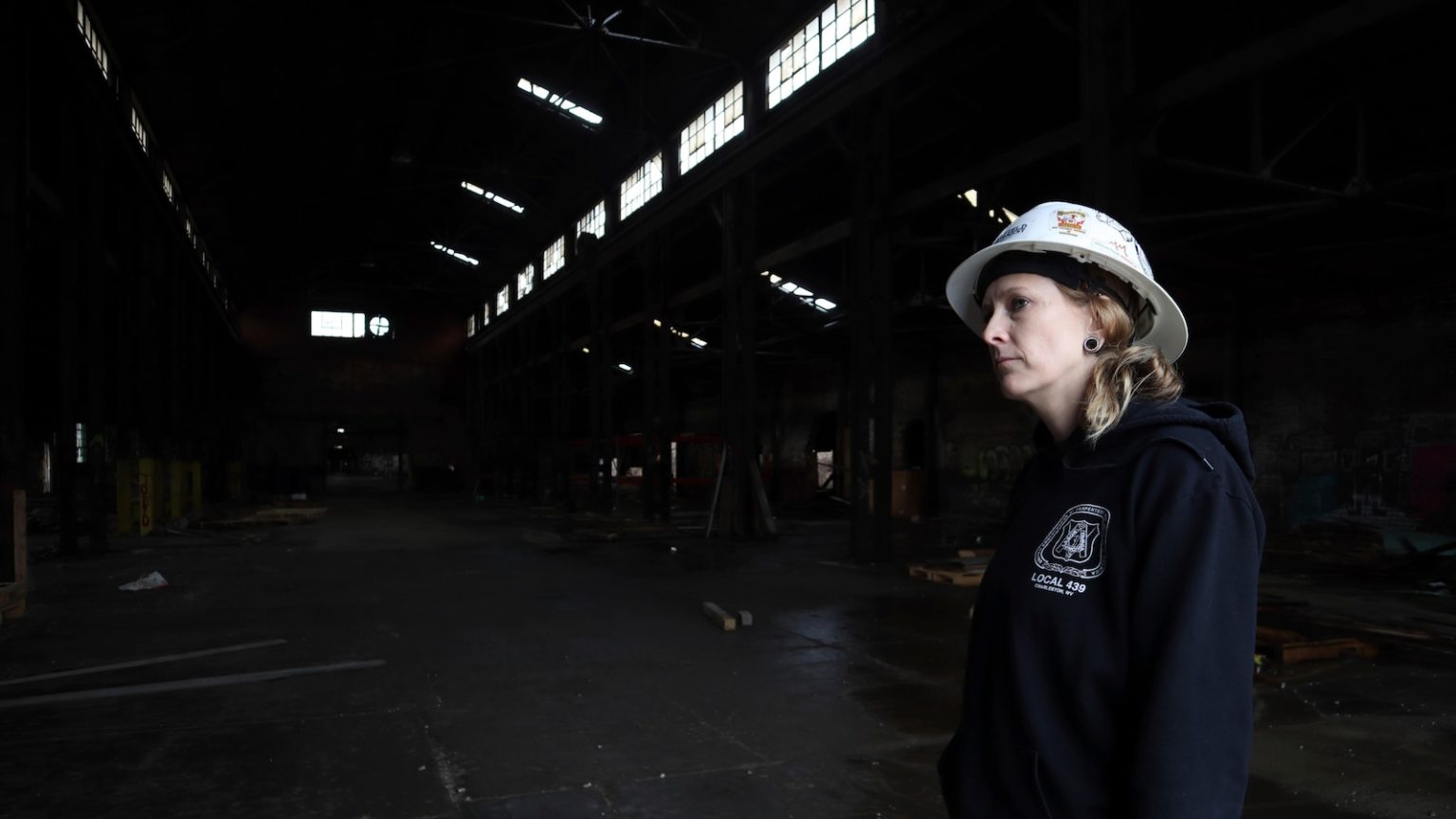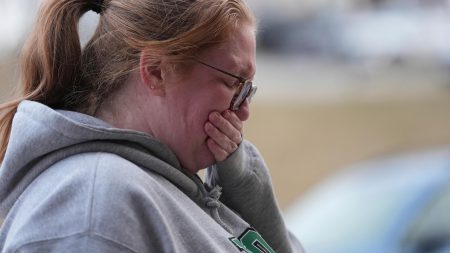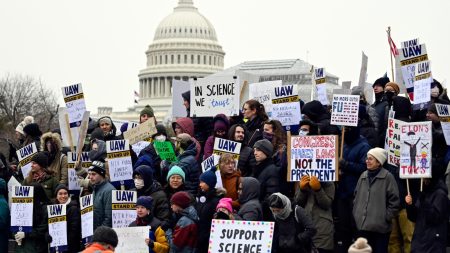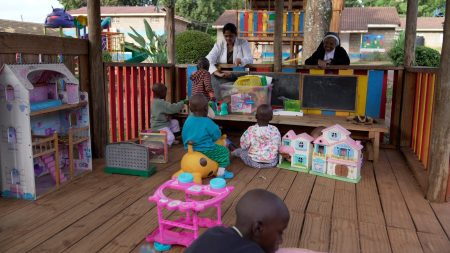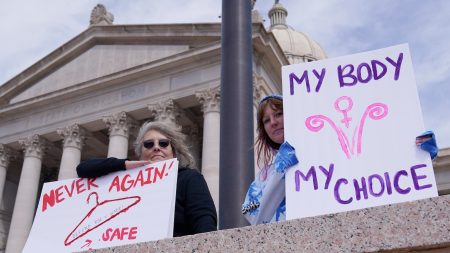The Lifeline of Federal Funding: West Virginia’s Nonprofits in Crisis
In the heart of Appalachia, West Virginia stands as a stark example of a state deeply reliant on federal funding to address its profound social and economic challenges. For 23-year-old Ireland Daugherty and 36-year-old Ashley Cain, the safety net provided by federally funded programs has been a lifeline. Daugherty, a survivor of teen homelessness and domestic violence, has found stability through her job and education, while Cain, celebrating four years of sobriety, works with a nonprofit transforming abandoned industrial sites into hubs for manufacturing and solar projects. Their stories highlight the critical role of nonprofits in providing essential services, from healthcare and education to economic development, in one of the nation’s poorest states. Yet, the recent freeze on federal loans and grants by the White House has plunged these organizations into uncertainty, exposing the precarious balance of life in West Virginia.
A State in Vulnerability: The Weight of Federal Dependency
West Virginia’s reliance on federal funds is not a choice but a necessity. The state grapples with some of the nation’s highest rates of opioid overdose deaths, children in foster care, obesity, and diabetes. One in four children lives in poverty, and infrastructure challenges, such as polluted drinking water and inadequate broadband, are pervasive. Federal spending packages aimed at revitalizing communities were expected to bring much-needed relief. However, the Trump administration’s sudden freeze on funding has left organizations like Coalfield Development, where Cain works, in limbo. The nonprofit had leveraged nearly $700 million for projects in West Virginia, Kentucky, and Pennsylvania, supporting 1,000 jobs in the state alone. CEO Jacob Hannah, whose organization is now paused indefinitely, reflects on the uncertainty: “It’s like everything has culminated to the right point, but there’s the starting line, and here’s us. We just can’t get to it.”
The Ripple Effect: Lives Disrupted and Futures Uncertain
The funding freeze has sent shockwaves through West Virginia’s nonprofit sector, disrupting lives and livelihoods. Daugherty, who works for Libera, a nonprofit helping young adults transition out of foster care, lost sleep as her organization awaited reimbursement for a U.S. Department of Health and Human Services grant. Without these funds, critical programs, including a mental health initiative for middle school girls, were forced to freeze. “Executive orders right now that are extremely dangerous to the way of life for West Virginians,” Daugherty warns. The Appalachian Center for Independent Living, which supports people with disabilities, resorted to layoffs and rehires as reimbursements fluctuated. Meanwhile, the West Virginia Food and Farm Coalition fears losing the trust of farmers it has spent years building, as technical support and marketing assistance hang in the balance.
A Glimmer of Hope: Nonprofits Adapt and Advocate
Amid the chaos, nonprofits are working tirelessly to adapt and advocate for their communities. Diane Yentel, CEO and President of the National Council of Nonprofits, notes that while some funds have been restored, many organizations remain in limbo. The council, among others, has sued over the Trump administration’s orders, arguing that the harm caused by the funding freeze persists. Ashley Cain, reflecting on the atmosphere at Coalfield Development, observes, “Just the awareness of what could happen has really affected people’s attitudes.” Yet, even in uncertainty, there is resilience. Ryan Kelly, Executive Director of Rural Health Associations in Mississippi, Alabama, and Arkansas, acknowledges the challenges but cautiously supports the administration’s goal of rooting out waste. “I’m cautiously optimistic that the good will outweigh the bad,” he says.
The Bigger Picture: A State’s Struggle for Survival
West Virginia’s challenges are both unique and universal. The state’s deep support for Donald Trump, who has won every county in three elections, underscores its alignment with the administration’s priorities. Yet, the recent funding freeze has exposed the fragility of a state that relies heavily on federal support to address its deeply ingrained issues. From polluted water to patchy broadband, West Virginia’s infrastructure needs are vast. The pause on federally funded projects has stalled progress, leaving communities in wait. As Alecia Allen, a therapist and grocer in Charleston, puts it, “It is a huge step backwards, and it is unfortunate to have to digest every day.”
Moving Forward: A Call to Action and Reflection
The crisis in West Virginia serves as a stark reminder of the interconnectedness of federal policy and local life. Nonprofits, long the backbone of the state’s social safety net, are now fighting to sustain their work amidst growing uncertainty. As the situation unfolds, the stories of Ireland Daugherty, Ashley Cain, and Jacob Hannah remind us of the human cost of policy decisions. West Virginia’s journey forward will require not only restored funding but also a commitment to addressing the systemic challenges that have long plagued the state. As the nonprofit sector continues to advocate for stability, one thing is clear: the lives of West Virginians hang in the balance.





